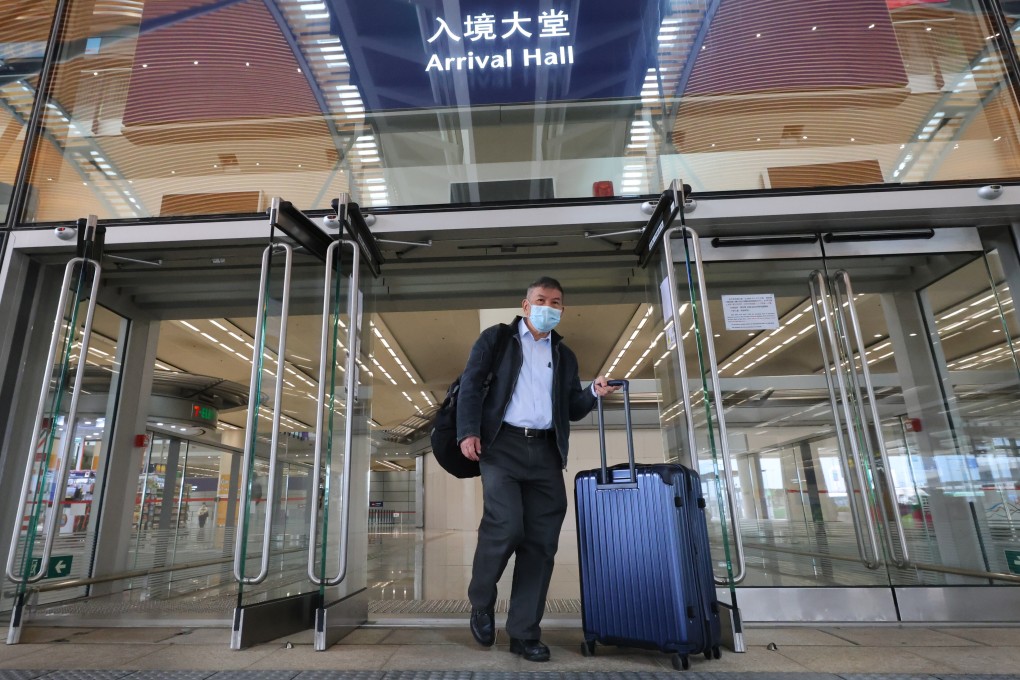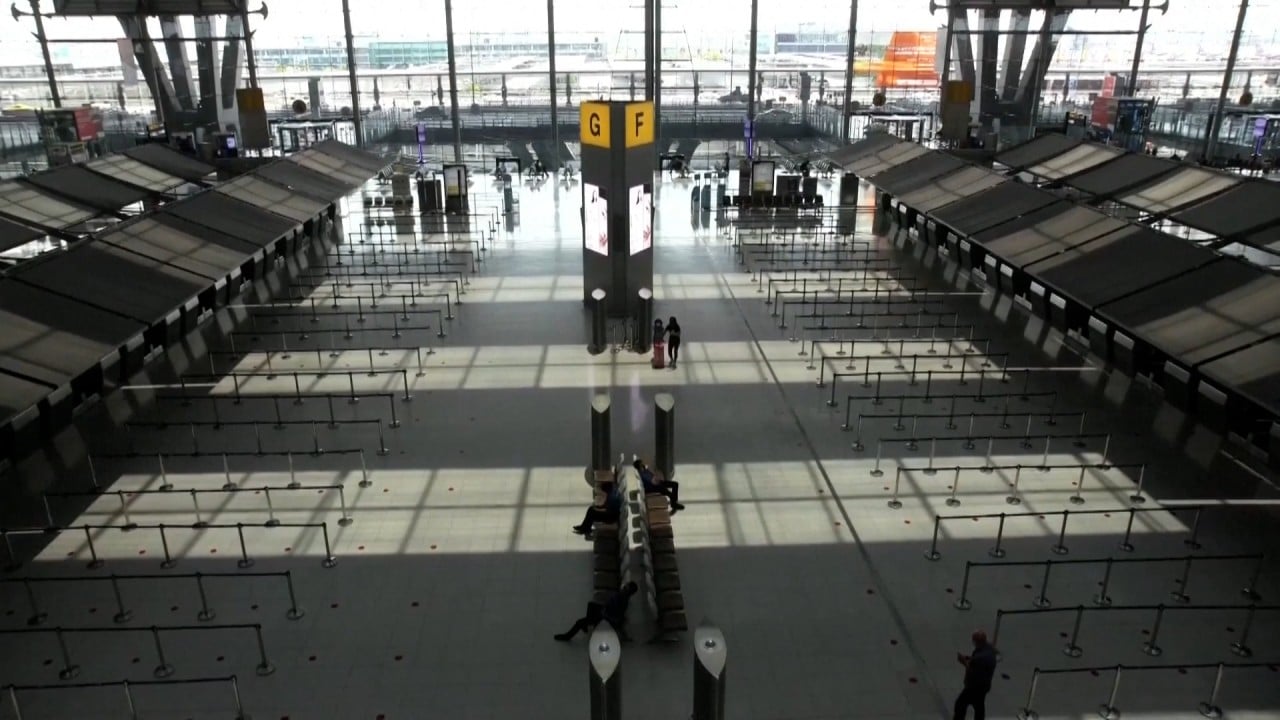Advertisement
The View | How cities can be successful in the post-pandemic world
- The interconnectedness that global cities once prized risks being eroded and dismantled as Covid-19 lingers and new variants emerge
- Success will depend on cities’ ability to balance openness with health protection, growth with better livelihoods, and diversity with local character that fosters a sense of belonging
Reading Time:3 minutes
Why you can trust SCMP
10

Topping the charts of the world’s most global cities has, until recently, been considered a huge achievement for any major metropolis. Global interconnectedness in trade and investment, diversity of human capital and freedom of travel and information are among the criteria of many such rankings.
Cities such as Hong Kong, Singapore, Tokyo, New York, London and Paris often find themselves front runners in these rankings, affirming their prestige as hubs for global capital and talent. This in turn promises higher economic growth, efficiency and living standards.
With almost two years of pandemic lockdowns and border restrictions affecting international travel and business operations, how realistic is it for cities to return to the “old normal” of being global?
As governments rush to enact stricter border and movement controls in reaction to the new infection surge generated by the Omicron variant of Covid-19, the interconnectedness that global cities once prized risks being eroded and dismantled.
There are signs that these shifts could become more permanent. Open and unfettered borders could be gone for longer than most had hoped. The bumpy path to reopening means borders might become more like revolving doors that open and close on command.
While cross-border financial transactions and trade continue to a large extent, the free gathering and movement of people have already become more conditional, taking into account public health safeguards, forcing difficult policy choices for even the freest cities. These trade-offs generate immense frustration among residents and undermine popular trust in governments.
Advertisement

